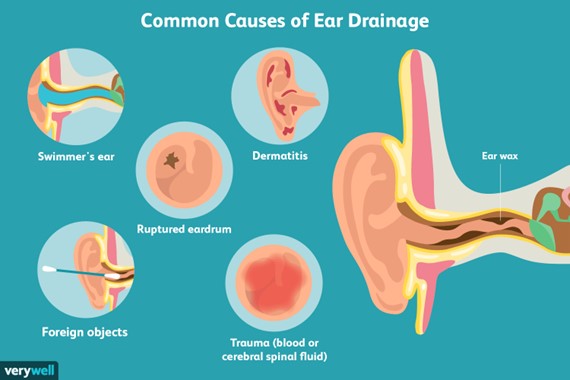A nurse is caring for a client who sustained a basal skull fracture. When performing morning hygiene care, the nurse notices a thin stream of clear drainage coming from out of the client's right nostril. Which of the following actions should the nurse take first?
Test the drainage for glucose.
Take the client's temperature.
Notify the charge nurse.
Place a dressing under the client's nose.
The Correct Answer is A
The first action the nurse should take is to test the drainage for glucose. Clear drainage from the nose following a basal skull fracture could indicate a cerebrospinal fluid (CSF) leak. CSF contains glucose, so testing the drainage for glucose can help determine if it is CSF.
b. Taking the client's temperature is not the first action the nurse should take.
c. Notifying the charge nurse is important but not the first action the nurse should take.
d. Placing a dressing under the client's nose is not the first action the nurse should take.
Nursing Test Bank
Naxlex Comprehensive Predictor Exams
Related Questions
Correct Answer is D
Explanation
The nurse should immediately report small drops of clear fluid in the left ear to the charge nurse. This finding could indicate a cerebrospinal fluid (CSF) leak, which can occur as a result of a head injury. A CSF leak can be a serious medical condition that requires immediate attention.
An edematous bruise on the forehead, client disorientation to place, and a heart rate of 110/min and regular are also important findings that the nurse should report to the charge nurse. However, these findings are not as urgent as the presence of small drops of clear fluid in the left ear.

Correct Answer is B
Explanation
Checking capillary refill in the affected extremity every 4 hr is an important intervention for a nurse to include in the plan of care for an older adult client who is 4 hr postoperative following an open reduction and internal fixation of a fractured femur. This helps to monitor the blood flow to the affected extremity and ensure that it is adequate.
a. Maintaining the client on bed rest for 72 hr after surgery is not necessarily required for a patient who has undergone an open reduction and internal fixation of a fractured femur. The patient's mobility should be determined by their individual needs and the surgeon's instructions.
c. Restricting oral fluid intake to 1,000 ml per day is not necessary for a patient who has undergone an open reduction and internal fixation of a fractured femur. The patient's fluid intake should be determined by their individual needs and any medical conditions they may have.
d. Removing antiembolic stockings once each day to examine skin integrity is not necessarily required for a patient who has undergone an open reduction and internal fixation of a fractured femur. The use of antiembolic stockings and their removal should be determined by the patient's individual needs and the surgeon's instructions.
Whether you are a student looking to ace your exams or a practicing nurse seeking to enhance your expertise , our nursing education contents will empower you with the confidence and competence to make a difference in the lives of patients and become a respected leader in the healthcare field.
Visit Naxlex, invest in your future and unlock endless possibilities with our unparalleled nursing education contents today
Report Wrong Answer on the Current Question
Do you disagree with the answer? If yes, what is your expected answer? Explain.
Kindly be descriptive with the issue you are facing.
